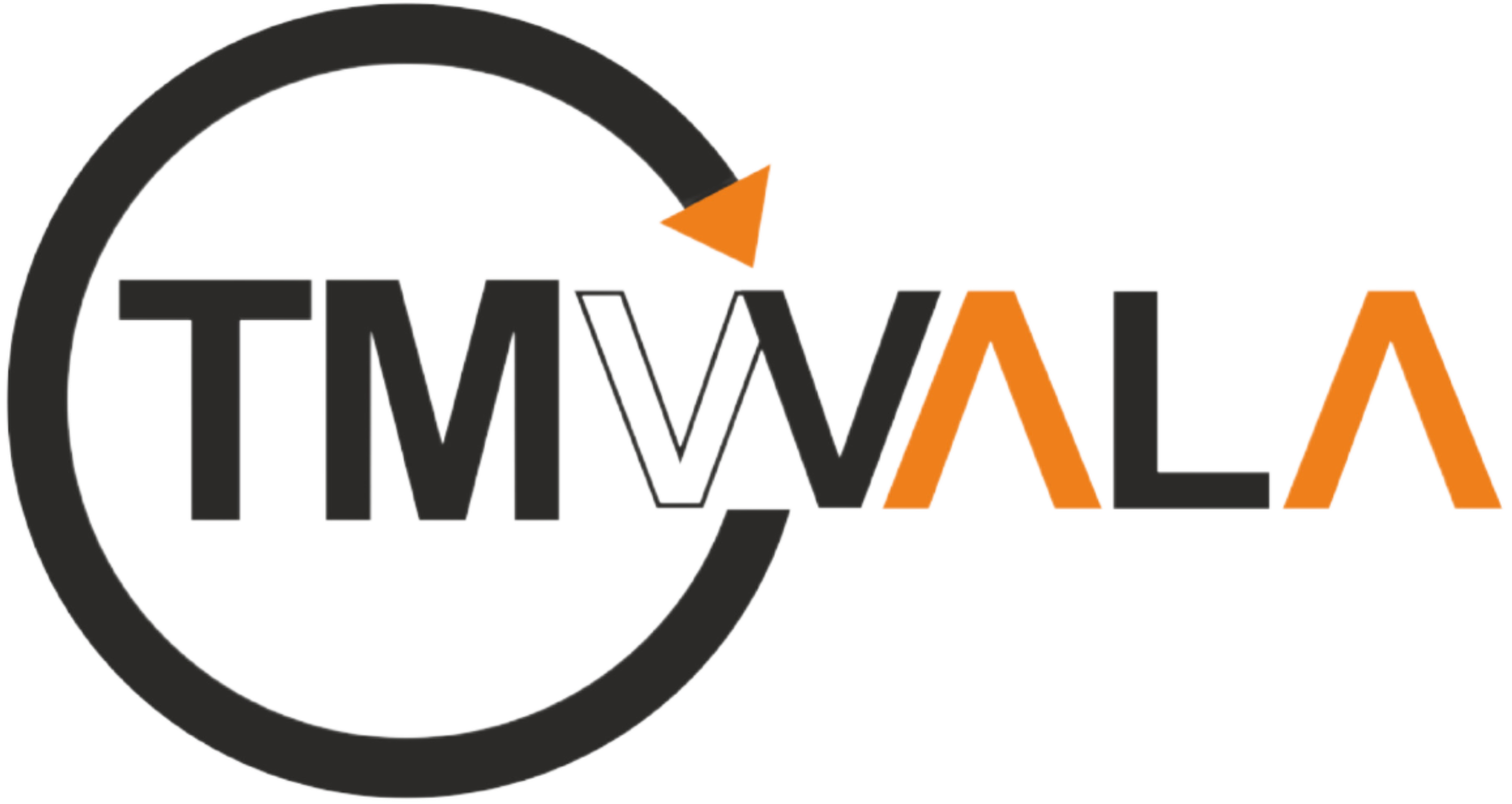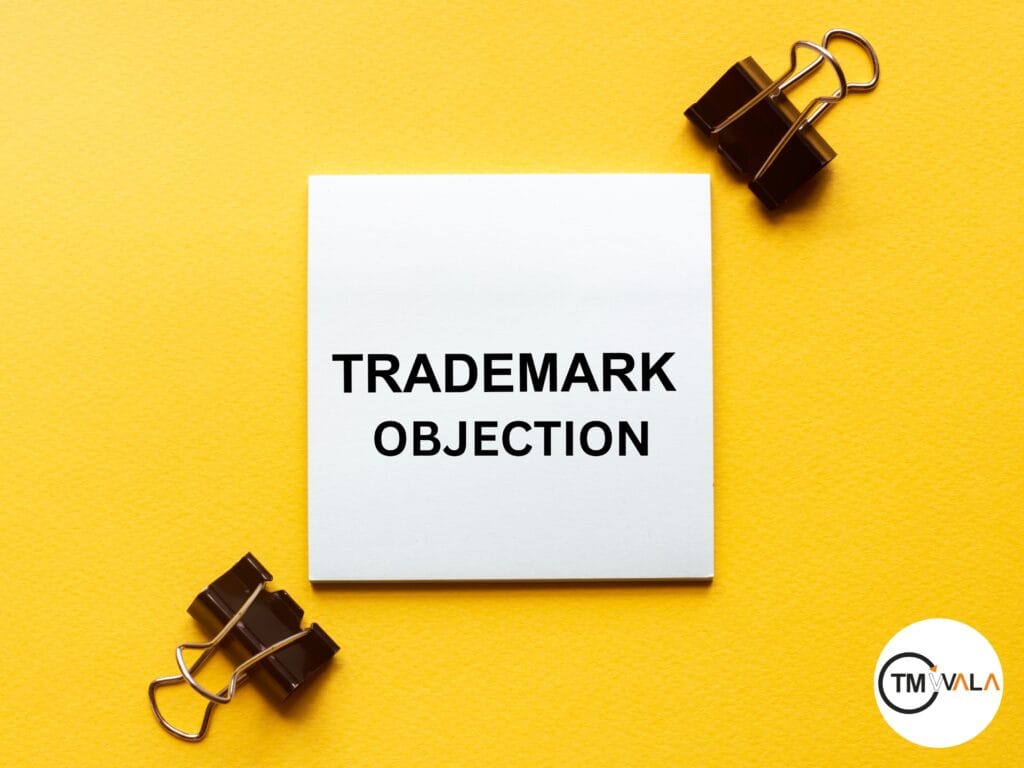A trademark objection is raised by the Examiner after analyzing the Trademark application. The examiner issues an examination report that mentions the grounds of objection. Upon evaluating the trademark application, the Registrar can raise objections against the application based on the provisions outlined in Sections 9 and 11 of the Trademark Act. Common reasons for objections include similarity to existing trademarks, descriptive or generic nature of the mark, lack of distinctiveness, or violation of trademark regulations.
Trademark applicants are usually given an opportunity to respond to the objections raised by providing arguments, evidence, or making amendments to the application to address the concerns of the examiner. The applicant must file a reply within 1 month from the date of the Examination Report. Failure to overcome objections may result in the refusal of the trademark application.
Reasons for Trademark Objections
Here are some common reasons for trademark objections:
- Similarity to Existing Marks: If the proposed trademark is similar to an existing registered trademark in the same or similar class of goods/services, it may be objected to on grounds of the likelihood of confusion among consumers.
- Descriptive or Generic Terms: Trademarks that are purely descriptive or generic may be objected to because they fail to distinguish the goods/services of one entity from those of others.
- Deceptive or Misleading Marks: Marks that are likely to deceive or mislead consumers about the nature, quality, or geographical origin of the goods/services may be objected to.
- Offensive or Immoral Content: Marks containing offensive, scandalous, or immoral matters may be objected to on public policy grounds.
- Non-Distinctiveness: If the proposed mark lacks distinctiveness and does not serve to identify the goods/services of a particular source, it may be objected to.
- Violation of Rules and Regulations: Trademarks that violate any rules or regulations set forth by the trademark office may be objected to.
- Incorrect Application or Documentation: Errors or deficiencies in the trademark application or supporting documentation can lead to objections.
- Procedural Issues: Failure to comply with procedural requirements, such as filing deadlines or payment of fees, can result in objections to the trademark application.
Grounds of Trademark Objections
After a Trademark Application is submitted and fulfills all procedural requirements, an examiner will review the application. During this review, the examiner may issue an Examination Report that identifies specific objections. These objections may be based on Section 9 (Absolute Grounds) or Section 11 (Relative Grounds) of the Trademarks Act, 1999, or Rule 25(2) of Trademark Rules, 2017.
Absolute Grounds for Refusal of Registration (Section 9 of the Trademark Act, 1999)
Absolute grounds, as described in Section 9, focus on the inherent characteristics of the trademark itself, independent of external factors or comparisons with other trademarks.
Section 9(1): Inherent Characteristics of the Trademark
- Lack of Distinctive Character: Marks that cannot distinguish the goods or services of one person from those of another.
- Descriptive or Indicative Marks: Marks that describe the kind, quality, quantity, intended purpose, value, geographical origin, or time of production of goods/services.
- Customary Marks: Marks that have become customary in the current language or in the bona fide and established practices of the trade.
Exception:
- A mark may still be registered if it has acquired distinctiveness through use or is well-known before the application date.
Section 9(2): Potential Misconceptions and Sensitivities
- Deceptive or Confusing Marks: Marks that are likely to deceive the public or cause confusion.
- Religious Susceptibilities: Marks containing matter likely to hurt the religious feelings of any class or section of citizens in India.
- Scandalous or Obscene Marks: Marks that contain scandalous and obscene matter.
- Prohibited Use: Marks whose use is prohibited under the Emblems and Names (Prevention of Improper Use) Act, 1950.
Relative Grounds for Refusal of Registration (Section 11 of the Trademark Act, 1999)
While Section 9 focuses on the inherent nature of trademarks, Section 11 of the Trademarks Act of 1999 deals with the relative grounds for refusal. These grounds consider the relationship between the applied-for trademark and existing trademarks to prevent confusion among consumers and protect the rights of current trademark holders.
- Likelihood of Confusion: Marks identical or similar to earlier trademarks for similar goods/services, causing potential public confusion.
- Well-Known Trademarks: Marks similar to well-known trademarks are not registrable.
- Prevention by Law: Marks whose use in India can be prevented by law, particularly by the law of passing off or copyright law.
Section 11(2) & (3): Well-known Trademarks
- Trademarks Identical or Similar to Earlier Ones: If a new trademark is similar or identical to a well-known trademark, even if they aren’t in the same industry, it might be refused registration.
- Famous or Well-Known Trademarks: The act recognises the reputation of well-known trademarks and prevents others from taking undue advantage of their established goodwill.
Section 11(3): Laws of Passing Off and Copyright
- Passing Off: This principle prevents businesses from misrepresenting their goods or services as those of another. If a new trademark can lead to such misrepresentation, it might be refused registration.
- Copyright: If a trademark infringes upon someone’s copyright, it can be grounds for refusal.
Rule 25(2) of the Trademark Rules, 2017
In case the trademark is claimed to have been used before the date of application, the applicant must submit an affidavit and supporting documents to verify such use. Failure to do so could lead to rejection.
Process of Trademark Objection Reply
| Review Examination Report : Understands the grounds of rejection |
⇓
| Gather Information and Prepare the reply: Draft a comprehensive reply addressing each objection point |
⇓
| File a Trademark Examination Report Reply: File the reply within one month from the date of the examination report. |
⇓
| Reply Accepted: Trademark published in Journal. |
⇓
| If not accepted, the Registrar can either reject it or call upon the applicant for a hearing. |
Trademark Examination Report
The Trademark Examination Report includes the following information :
- Any potential objection to registration
- The name of the Applicant
- The trademark that is being applied for
- The goods or services for which the trademark will be used
- Search report.
How does a Trademark Objection work in India?
A TM objection is a formal notification submitted by a third party to contest the validity of your trademark application. During the assessment of your trademark application, the examining authority will take into consideration all objections that have been raised.
Steps to get an Objection cancelled
There are two avenues for addressing an objection to a trademark. The first approach involves persuading the trademark examining authority that the mark in question does not engender a likelihood of confusion with an existing mark.
The second method hinges on proving non-use of the mark in India for a minimum of five years following its registration. In the event of an application’s rejection, the examining authority will issue a declaratory order. This order essentially affirms that a registered mark cannot be refused or revoked on the grounds of lacking likelihood of confusion with any other mark.
FAQs
What are the objections to trademarks?
A trademark could face objections under Sections 9 and 11 of the Trademark Act if it is, in any way, similar or identical to an existing trademark, including similarity in the goods and services covered.
How do you clear an objection in a trademark?
The applicant is required to submit a comprehensive and itemized response to the registrar addressing trademark objections within one month of receiving the examination report for their trademark. Failure to do so will result in the trademark being marked as abandoned.
Can I change the trademark name after an objection?
Yes, it’s possible to revise or amend your trademark application after submission.
What is the charge of objection in trademark?
A trademark objection is a formal claim that a third party has infringed on your trademark. The charges may vary greatly.
How do you clear an objection in a trademark?
The applicant is required to submit a comprehensive and itemised response to the registrar addressing trademark objections within one month of receiving the examination report for their trademark. Failure to do so will result in the trademark being marked as abandoned.















